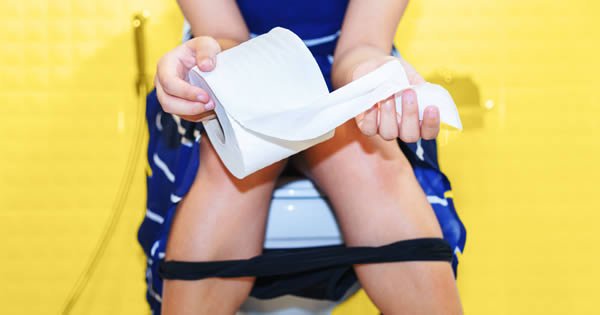
Learn Why Peeing Just In Case Isn’t Such a Great Idea After All
We make lots of ridiculous choices regarding sleep. As a kid, we might have snuck under our covers with a flashlight and read Powerpuff Girls chapter books, and later we went to slumber parties and competed to see which seventh grader could keep their eyes open til morning. As youngish adults we had many (maybe too many) late-night/early-morning study sessions or drunk-fests. And as a parent, you (like me) may have stayed up well past bedtime to be blissfully alone, curled up with a pint of Cherry Garcia and a book of sudoku puzzles. We definitely needed more hours to snooze—but there was no way we were trading our *bedazzled* nightlife in favor of practicing smart sleep hygiene.
Sometime or other, we came to understand the value of Mister Sandman. We knew a good night’s sleep meant mental acuity and a spring in our step; a bad night’s sleep meant cranky mornings, puffy eyes, and rushing to work late with an extra-large Mountain Dew and phone perched on the roof of our car. (You may not have known this, but a consistent 7-9 hour stretch of sleep per night can help strengthen your heart, boost your immune system, and improve memory and mood— and those are just a few plusses.)
Though anxiety is often difficult to manage, Watson suggests that keeping a “worry journal” might be a start. “Put down all your concerns and stressful thoughts in writing,” he advises, “and tell yourself you’ll deal with them the following day.”
Many of us might have suspected that any of the above could funkify our sleep, if not lead directly to nocturia. I, however, never considered that my daytime peeing habits could wreak havoc on my nighttime dozing. Turns out that emptying a less-than-full bladder is not the smartest route to go, no matter if we were always told that “peeing just in case” was a good idea. According to TikToker (and doctor of physical therapy) Sabrina Baxter, if we do this, we are “training our bladder” to void before it’s full. And if we’re practicing this during daylight hours, that ritual is obviously going to trickle (get it?!) into the wee hours of the night.
So, what’s the remedy? If you ask Heather Jeffcoat, DPT, a Los Angeles–based physical therapist with an emphasis in pelvic floor health, the answer is to backtrack and re-train that bladder by doing kegels before you pee to help reduce the discomfort of urgency.
For vagina owners,” Jeffcoat says, hovering over a toilet to pee should always be avoided, as this inhibits complete pelvic floor muscle relaxation, which is required in order to empty your bladder.” Once again, that pelvic floor therapy might be a good route to go if you want to curb that nighttime urine purge.
So, now the question is—since nocturia is an issue for me, what do I do now? Well, you have a few basic tools in your arsenal, ranging from chronicling your anxieties to invigorating that compromised pelvic floor. But, if none of those strategies make a difference, it’s always best to consult your doctor. Though it might be a little bit entertaining, nobody really wants you to miss that 7-9 hour sleep window and whiz past with a Big Gulp on top of your car.
If you still think “peeing just in case” is OK, continue to the full article here. And go here if you’re ready to start some pelvic floor physical therapy with one of our licensed physical therapists.
